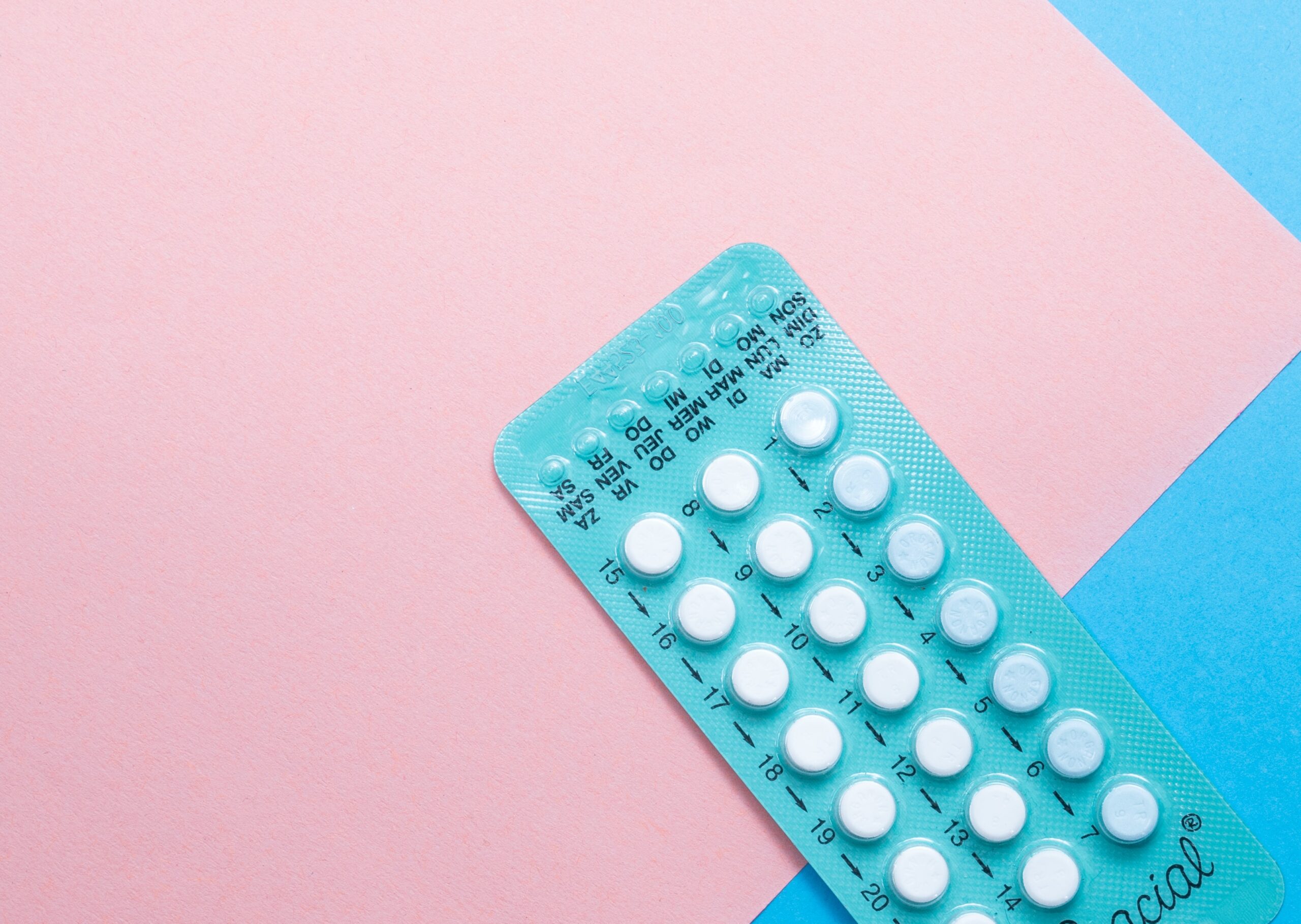A hormone is a messenger which controls different functions of the body. They are responsible for dictating to your body what to do and when to do it. Hormonal imbalance equals either too much or too little of a specific hormone. Our body needs strict maintenance of our hormones as even minor fluctuations can result in bodily dysfunction
We can narrow down the causes of hormonal imbalance into two major categories,
- Natural causes
- Acquired causes
Natural causes
It is a normal process. It happens to the majority of women primarily because of aging. For example, post-menopausal women are short of estrogen. Low estrogen directly affects a woman’s bone minerals and also increases the chance of heart attacks.
Acquired causes
There are many reasons to acquire hormonal imbalance.
- It could be iatrogenic, which means the external administration of excess hormones.
- It could be due to any mutations leading to overexpression of hormone production.
- Any problem or cancer in the pituitary gland can affect various hormones.

Signs and symptoms of hormonal imbalance
The signs and symptoms of a hormone imbalance are diverse. It depends on the affected hormone. For example, a drop in insulin will present with all the symptoms of diabetes mellitus. However, in women, we have narrowed down some common symptoms. These symptoms should raise a direct suspicion of hormonal production.
Imbalance in postmenopausal women
Hormonal imbalance is frequent in postmenopausal women. Once you hit 45, it is beneficial to undergo a hormone test for women. Significant signs and symptoms include:
- Sudden weight gain or weight loss
- Muscle weakness and aches
- Bone pain
- Fractures
- Increased or decreased heart rate
- Hot flashes
- Depression
- Dry skin.
Imbalance in premenopausal women
There are many causes, but the most common cause of imbalance in this age group is Polycystic ovarian syndrome. The primary symptoms of PCOS are:
- Irregular menstruation
- Beard on chin
- Acne
- Sweating
- Subfertility
- Anovulatory cycles

Diagnosis
Consult your doctor once you feel any significant symptoms. Your doctor will suggest regular hormonal tests for women. These assess the major hormones like estrogens, progesterone, and gonadotropins. Usually, these are enough to make a diagnosis.
However, to diagnose a case of PCOS, you must undergo an ultrasound.
Treatment
Any diversion from the normal levels should worry you about your health.
Hormone replacement therapy is the mainstay of treatment in postmenopausal women.
HRT
Fractures are the most typical complication in older women. To prevent fractures, we administer hormone replacement therapy. This therapy works by increasing your bone mass.
PCOS
Doctors prefer a symptomatic treatment for PCOS, which means different drugs for each symptom. The most concerning problem is subfertility. Many women present with an inability to conceive. But rest assured, PCOS is very treatable.
Conclusion
Understanding hormonal imbalance in women can encourage early diagnosis and treatment which can significantly enhance the effectiveness of treatment. Anyone can fall victim to a hormonal imbalance, which is why it is vital to understand potential causes and symptoms. Acquiring a hormone test for women can diagnose a hormone imbalance and provide fast, accurate results.
![]()
![]()
![]()
![]()

![]()








